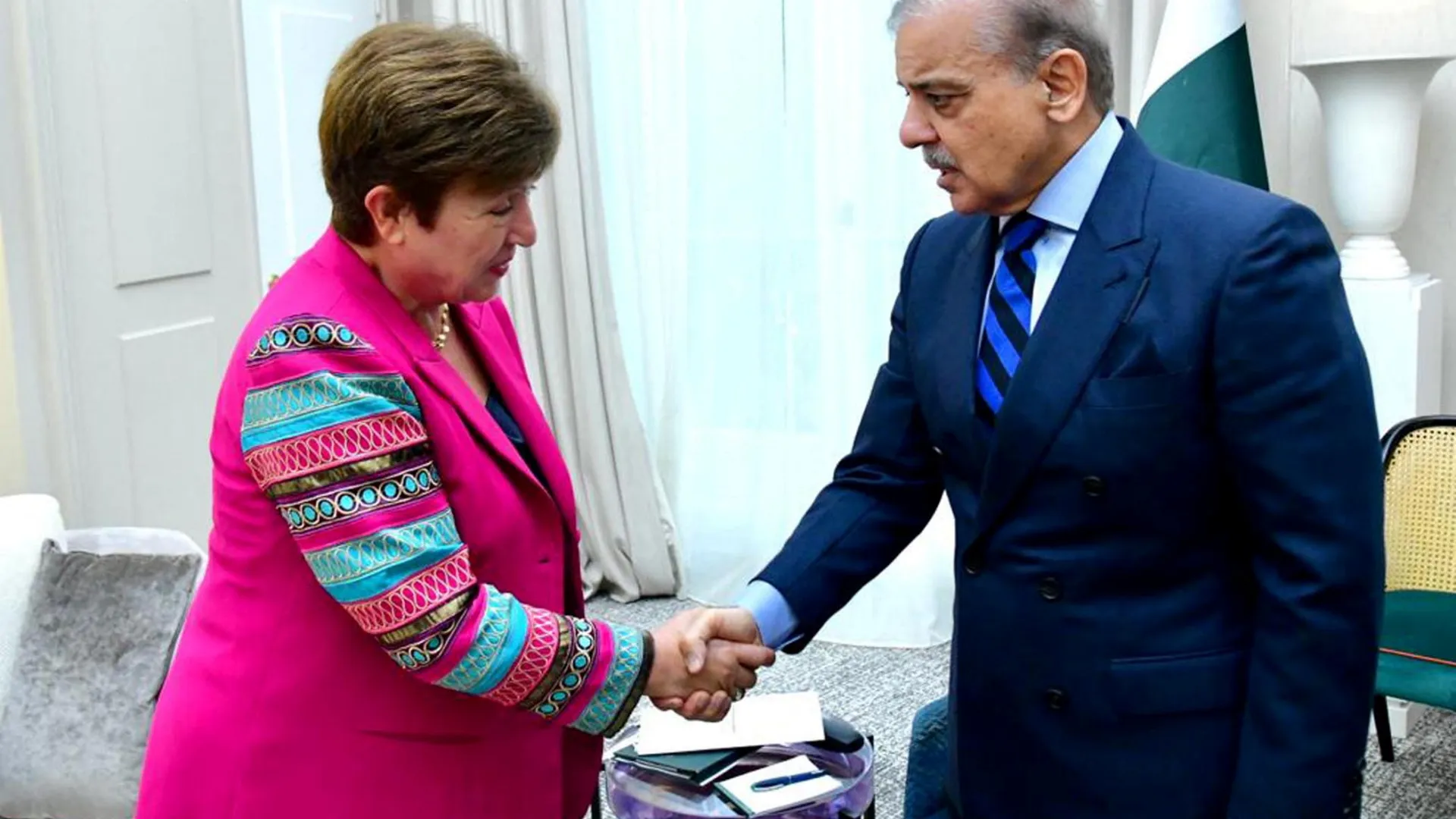Finance Minister Muhammad Aurangzeb to Plead for $6bn-$8bn IMF Bailout at Spring Meetings
As Pakistan grapples with severe economic turmoil, Finance Minister Muhammad Aurangzeb is set to embark on a crucial mission to secure a larger, medium-term bailout from the International Monetary Fund (IMF). Facing mounting balance-of-payments troubles, Pakistan views the IMF bailout as imperative to stabilize its economy.
Aurangzeb aims to negotiate a bailout package ranging from $6 billion to $8 billion, with discussions scheduled to take place on the sidelines of the IMF and World Bank spring meetings in Washington. In addition to seeking financial support from the IMF, Pakistan intends to rally backing from ‘friendly’ nations to bolster its request.
The Finance Minister’s endeavor comes at a critical juncture, with Pakistan’s economic future hanging in the balance. While the IMF has signaled receptiveness to Pakistan’s plea for assistance, it emphasizes the necessity for the nation to undertake substantial reforms. These reforms, previously circumvented, are deemed crucial by the IMF to unlock fresh funds and ensure long-term economic stability.
IMF chief Kristalina Georgieva underscored the importance of addressing fundamental issues such as expanding the tax base, enhancing public spending transparency, and fostering a more equitable economic environment. However, negotiations for a new loan are anticipated to be arduous, given the magnitude of reforms demanded by the IMF.
The urgency for a bailout is underscored by warnings from global creditors, including the Asian Development Bank (ADB), about Pakistan’s precarious economic situation. The ADB’s April 2024 Asian Development Outlook report paints a grim picture of Pakistan’s economic prospects, citing political uncertainty and potential supply chain disruptions from regional conflicts as significant risks.
Acknowledging Pakistan’s substantial external financing requirements and weak buffers, the ADB stresses the importance of IMF support in improving market sentiment and attracting affordable external financing. However, it cautions that lapses in policy implementation could impede the inflow of crucial financial assistance.
In light of these challenges, Pakistan faces a stark reality: the need for immediate action to implement long-overdue reforms. Failure to address these pressing issues could have dire consequences for both the populace and the economy, emphasizing the urgency of securing the much-needed IMF bailout.
As Finance Minister Aurangzeb prepares to engage in intense negotiations with the IMF and garner support from international allies, the fate of Pakistan’s economic future hangs in the balance, with the hopes of millions resting on the outcome of these pivotal discussions.
